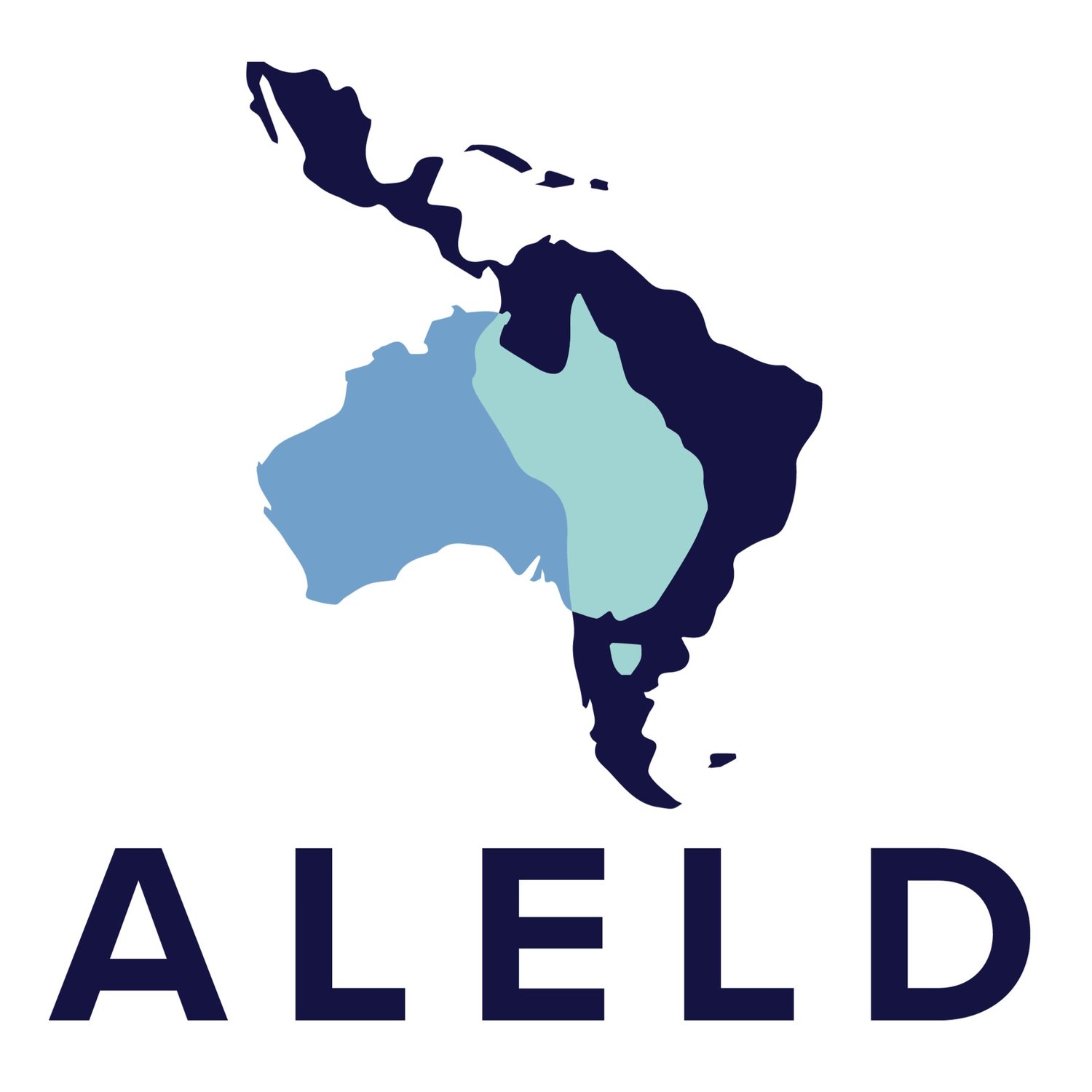Tensions Mount as Bolivia Braces for a Chaotic Election Year
Bolivia’s Capital La Paz. Image credit: EEJCC via Wikimedia Commons.
At the beginning of November, supporters of former Bolivian president Evo Morales stormed a military post, taking almost 200 soldiers hostage. This marks another instance of factional escalation existing in the reigning Movement al Socialism (MAS) Government between current president Luis Arce and former president Morales. Over the last few months, members of the Morales faction have initiated traffic blockages of key highways around the country in protest of renewed charges against Morales for statutory rape. The charges were later dropped after a judge found that judicial procedure had not been followed correctly. Despite this, the roadblocks remain ongoing and over 61 police officers and nine civilians have been injured in attempts to break up the blockades.
At the end of October, President Arce posted a video on social media urging to end the blockades, which have greatly debilitated the delivery of food and fuel to the nation's urban centres. In the video Acre said that the blockages have caused a loss of 1.7 billion dollars’ worth of goods, increased food prices and severely impacted families. In an altogether separate message, the Acre government announced it has taken military action into consideration.
President Luis Acre. Image credit: Government of Bolivia via Wikimedia Commons.
Further fuelling the flames, on October 24 Morales claimed to be the target of a failed assassination attempt after two bullets were fired at his car. Morales posted a video to social media revealing the bullet holes punctured the cars windscreen and he accused the Acre Government of organising the attack. The following day, Eduardo del Castile, the Interior Minister of Acre’s government, said that it was Morales' convoy that opened fire on a standard highway police stop and ran over an officer. Castile continued saying that, “Mr Morales, nobody believes the theatre you have staged.”
These three different situations present an escalating political crisis as Bolivia heads into an election year, with elections scheduled to take place in mid-August 2025. A solution to the intensifying factional divide within MAS is nowhere in sight, and with tensions steadily rising, it’s hard to envision how the situation can stabilise. Both Evo Morales and Luis Acre intend to run their 2025 presidential campaigns as leader of MAS, but unification of the two warring factions appears impossible at this stage. This will present an opening for the conservative opposition to take advantage of the rampant infighting and perhaps find a path to electoral victory. In such an event, this will be the first election MAS would lose since Morales’ initial victory in 2005. Ferando Mayorga, an academic from Bolivia’s Cochabamba university said, “The opposition has far more opportunities now due to the division. So far, we’ve seen no signs that it can act on them.”
Former President Evo Morales. Image Credit: EneasMx via Wikimedia Commons.
In May, President Acre’s approval rating was only 38 per cent. Although more recent polling data is not available, with increasing violence and worsening economic conditions, Acre could expect a further plummeting of approval rating. It remains to be seen if this waning support away from Acre will shift to supporting Morales’ faction or if the MAS party is losing favour to the opposition.
These factors set the table for a chaotic and momentous election cycle. With Bolivia possessing some of the world’s largest lithium deposits, the risk of foreign interference looms over the turmoil. As fossil fuels are being phased out in favour of electric vehicles (EV), lithium is rapidly emerging as a critical mineral, with its supply being a national interest for both the United States and China. Furthermore, upon taking office Donald Trump is expected to initiate a trade war and place tariffs on China’s successful EV industry to protect the United States’ domestic EV production. Bolivia sits at a crossroads of foreign powers battling to insert their influence over the bountiful lithium supply and internal political crises that is quickly becoming out of hand.
Author Bio: Alister Gibson is a third-year International Relations Student at the University of Adelaide and a regular contributor at ALELD. He has a keen interest in political order, history, and philosophy and is currently studying German and Spanish.
Content Disclaimer
The views expressed in this article are those of the author and do not necessarily represent the views or opinions of the Australia Latam Emerging Leaders Dialogue.



